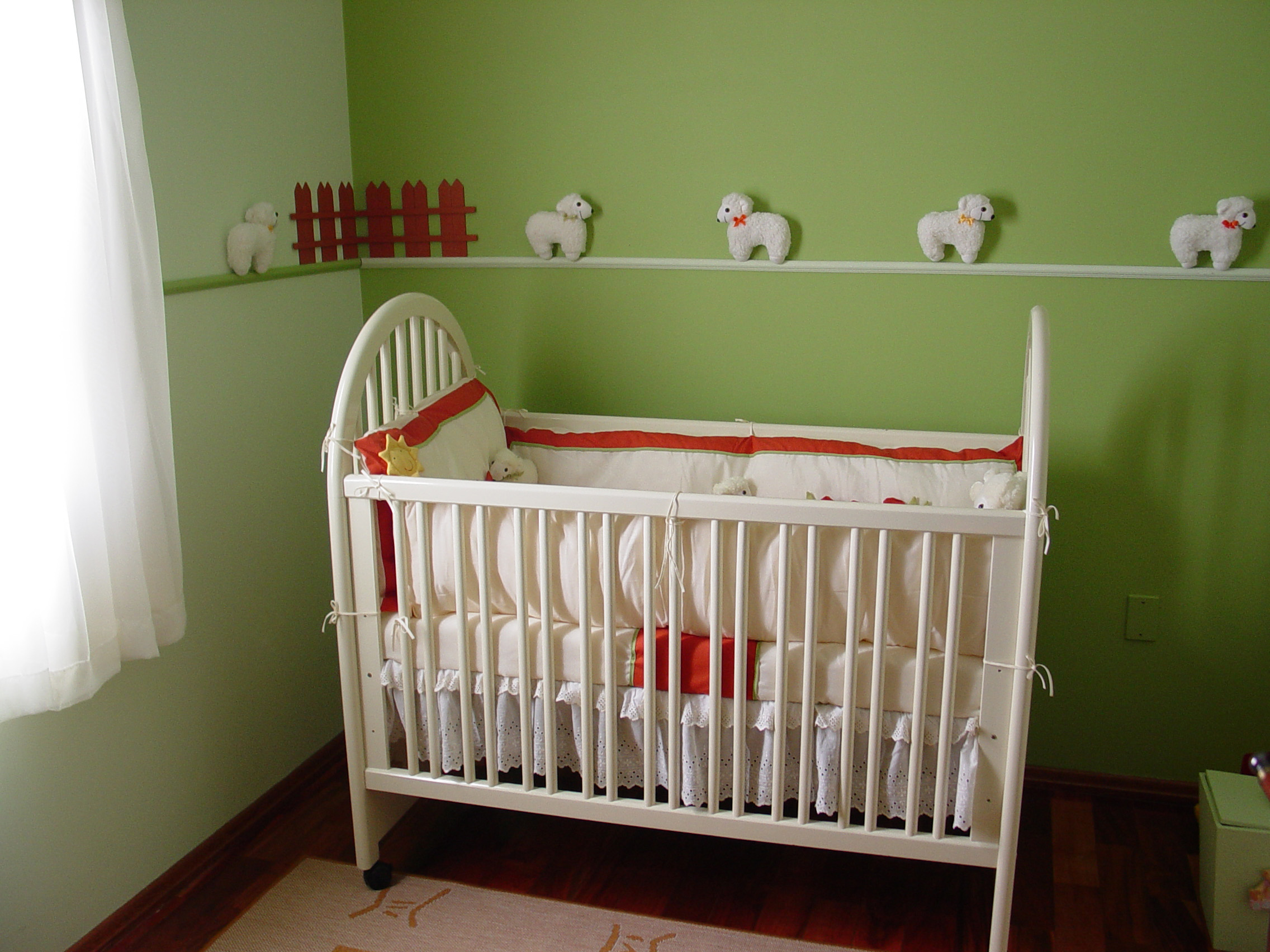
THURSDAY, Aug. 12 (HealthDay News) — It may be a cliché, but it’s true: Parents never stop worrying about their children’s troubles, even when they’re all grown up.
But even when parents have a mix of successful and not-so-successful adult children, the heartache they suffer over one dysfunctional kid’s problems isn’t offset by positive feelings from the accomplishments of their other offspring, a new study finds.
“What this study really shows is that for parents, it’s very hard to see your children struggle,” said lead author Karen Fingerman, a professor in gerontology, developmental and family studies at Purdue University in West Lafayette, Ind.
Fingerman co-authored the study along with researchers at the University of Michigan and Pennsylvania State University. The findings were to be presented Thursday at the annual meeting of the American Psychological Association, in San Diego.
Although prior research has shown that parents report lower well-being when their grown children have problems, and feel better emotionally when their kids are successful, Fingerman said no one had looked at how parents are affected when they have a mix of problematic and successful children. “We were kind of hoping for the opposite result, but it’s pretty consistent with the literature on negative emotions,” she said.
For the study, the researchers collected telephone survey results from 633 middle-aged parents in the Philadelphia area, who rated each of their grown children’s achievements in relationships, family life, education and career. The parents were asked whether each of their adult children had experienced a list of problems within the past two years, and to rate each child’s successes compared to other adults the same age. The parents were also asked about their own psychological well-being, and were questioned regarding the kind of relationship they had with their children.
The researchers considered two categories of problems: lifestyle and behavior problems that were due to the person’s own actions (“voluntary”), such as trouble with the law, drinking or drug problems, and financial difficulties; and physical and emotional problems, such as a disability or serious health issue (“involuntary”).
Most of the parents surveyed had two or more children, and roughly three-quarters of them reported having a mix of children experiencing problems and children experiencing successes.
The researchers found that parents who had more than one highly successful child reported better well-being. However, having even one problematic child had a negative impact on the parent’s mental health, even if their other children were successful. The findings were the same for both categories of problems.
Having one or more successful children was not associated with any boost in well being if a problematic child was also part of the mix. “Thus, it may be true that parents are only as happy as their least happy child,” the authors wrote.
“One bad apple really does seem to spoil the barrel,” said Adam Davey, associate professor of public health in the College of Health Professions and Social Work at Temple University. “What this study shows is that it takes many successful children to offset the negative consequences of one child with problems.”
Fingerman said parents who are stressed because of one child’s troubles “are attending so much to the negative, that they tend to overlook the positive. If they can make an effort to focus on the rewards they get from their other children, that can be helpful.”
Davey’s advice to parents: Try to step back and not be as involved in your grown children’s lives.
“To the extent that parents can separate the events of their own lives from those of their children, avoid blaming themselves for the children’s experiences, or feeling an overwhelming need to ‘fix’ the problem, they are likely to fare better,” said Davey.
More information
Parenting tips are at hand at the American Academy of Family Physicians.

